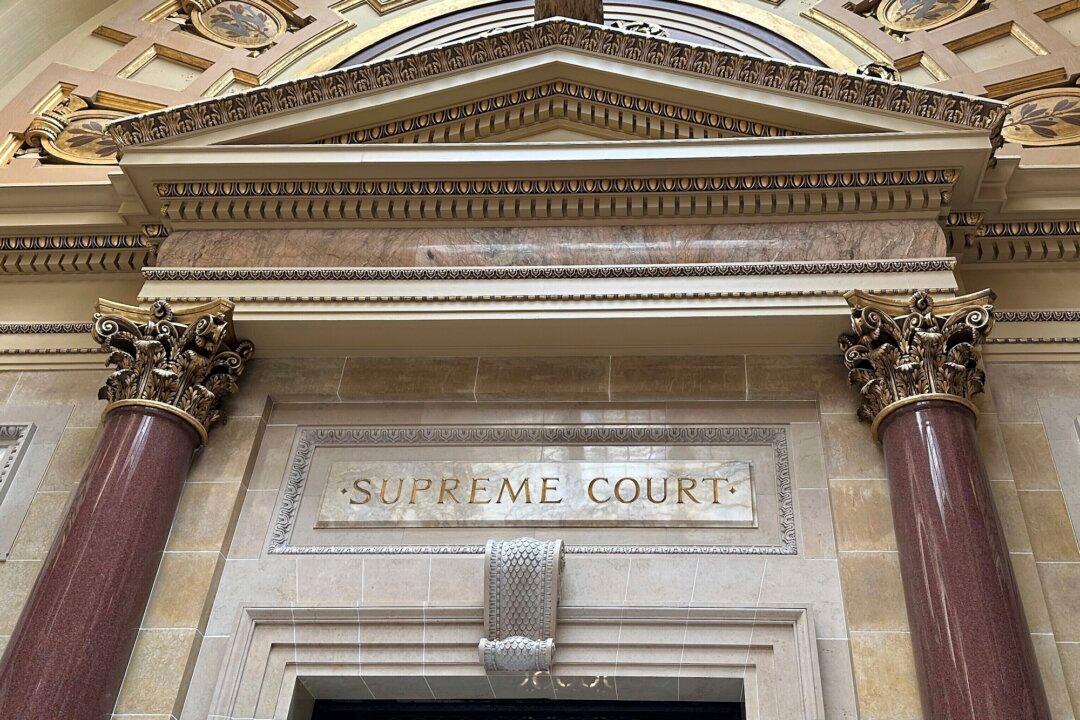The Wisconsin Supreme Court agreed on Tuesday to review two significant cases challenging the constitutionality of the state’s laws on abortion access.
Planned Parenthood, along with several women using pseudonyms, petitioned the court in February, asking it to strike down Wisconsin’s current abortion law. They argued that it violated the rights of patients and doctors under the state’s constitution.





